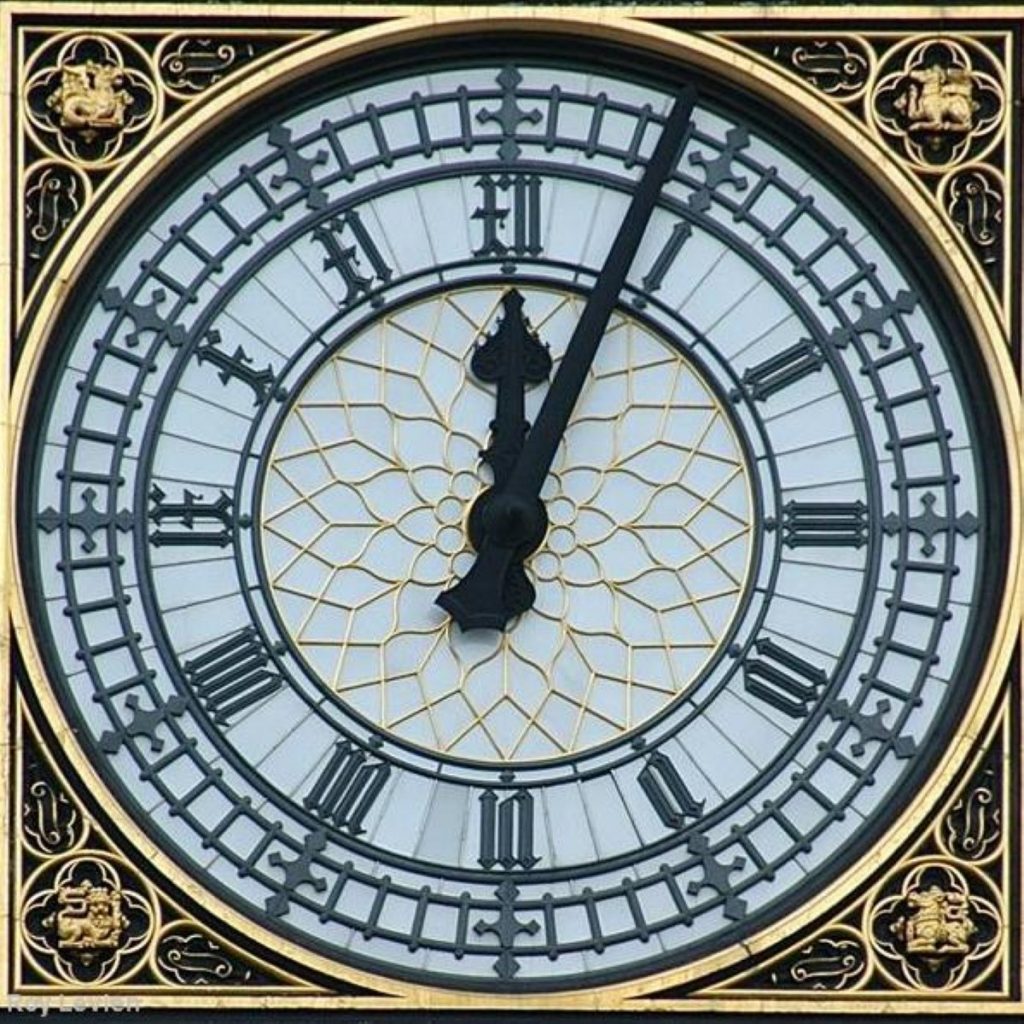Week in Review: Why Westminster just doesn’t get it
In the aftermath of by-elections, politicians and journalists talk a lot about what individuals parties did wrong. They talk about the perils of incumbency and 'giving them a bloody nose' and then they promise to listen to the voters.
This was never useful and now it is utterly irrelevant. The results in Clacton and Heywood and Middleton were not about the Tories, or Labour, or even Ukip. They were an attack on all of Westminster. Voters can barely tell the main political parties apart.
Labour came within 617 votes of losing a safe seat. The Tories were absolutely hammered, gleefully, Brazilian World Cup style, by one of their own. But it wasn't about them as individual parties, it was about them as a Westminster class.
Miliband instantly pledged to care more about immigration. It is a nonsense response. David Cameron has been aping Ukip for two years. It’s done nothing to quell their support and plenty to lose him centrist voters in Tory-Lib Dem marginals. Ukip is not a policy problem.
When voters express anger at Westminster, they are not just angry with one or two parties within it. It is all of them. In fact, as I wrote last month, it is more than that – it is the media and lobby groups and think tanks and even charities. It is the Westminster industry.
Douglas Carswell did not win because he was tougher on immigration. He won because he represented an opportunity to kick Westminster. That's why, despite their other political differences, Ukip bear more than a passing resemblance to the Scottish National party (SNP), who also channelled an anti-Westminster mood for their own political ends.
The victory in Clacton is not the explosion which finally brought Westminster down, but if Mark Reckless wins next month it could precipitate a stream of Tory MPs jumping ship. After all, Reckless does not have the ideal constituency, or the personal branding, which Carswell enjoys. If he wins – and current polling suggests he will – it means anyone could potentially do it. There are plenty of MPs to the right of the pair who would be tempted.
And then there is a general election, in which members of the public will answer a very specific question. Does their dislike for Westminster trump their dislike for one particular party? If it's the former, the earthquake will continue and politics could be shaken of all its presumptions. If it's the latter, we're back to something like business-as-usual, with voters holding their nose and voting for one party in order to obstruct another.
That's what Liberal Democrats are counting on. The party is sure George Osborne's pledge to hammer the working age poor and pass the proceeds on to high earners plays directly into their equidistance strategy. In an effort to get Kippers back in the fold the Tories have drifted back to their nasty party safety zone, and centrist voters – even those concerned with paying down the deficit – aren't buying it.
Perhaps that's true. We shall see next May. But by the time Clegg was making his closing speech, one would have had to be very generous or very naive to think voters would distinguish him from Miliband or Cameron. The Liberal Democrat leader told his audience he wanted to challenge the status quo, but like Miliband before him he had little in the way of concrete plans.
The anti-Westminster mood is bigger than political parties. It is about the kind of politics we do and how we discuss it. It is about actions, rather than policy. It is about ideas, rather than focus groups. And it is ultimately about how markets and centralised power left people feeling they'd been robbed of control over their lives.
None of the three parties understand. They cannot provide the solution because they are the problem.





-01.png)